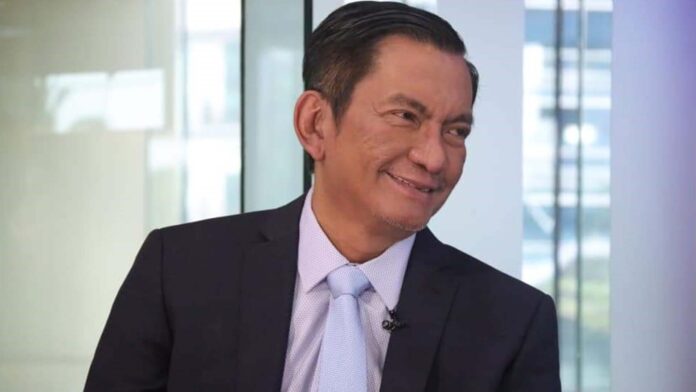Salceda says current account surplus sign that government interventions still not translating fast enough; House economic recovery chief calls out stimulus implementing agencies for slow implementation, calls on government to buy, compete for vaccine supplies
In response to an economic bulletin by the government which shows that the current account in the balance-of-payments rose to a surplus of US$8.7 billion or 2.4% of GDP during the first three quarters of 2020, House economic recovery cluster co-chair Joey Sarte Salceda (Albay, 2nd district) says that government spending has to be quicker and more effective. Salceda says that high current account surplus means that there is greater savings than investments in the economy, a “troubling sign’ says the Albay solon, during a crisis.
“You want people to save during high growth years, but you want them to invest during periods like this. It’s countercyclical to save during a crisis. If we don’t induce firms to invest more by ramping up government spending, we’re in for extended economic sluggishness,” Salceda says.
“The reason we kept pushing for a Bayanihan III that is more focused on income transfers is precisely that supply side interventions such as those in Bayanihan II take some time to make a positive impact. Demand always matters more, when you are a government trying to intervene. Supply will follow if people have the money to spend on things,” Salceda added.
According to the bulletin, the current account balance reverted to a surplus from a deficit last year as the economy slowed down, bringing down import demand with it. As a result, the peso strengthened from end-2019 level of P50.8/US$1 to P48.1/US$1 as of mid-December 2020.
“There is this misguided notion that having less imports than exports, and having more savings thatn investments, is always a good idea. Not during a demand-side crisis. And certainly not in our stage of development, where we need high value goods and services to jumpstart new industries,” the House economic recovery chair said.
“The principle should be simple: Spend quick. Spend wisely. Spend enough. There is still an opportunity to redeem our response, as we are extending the validity of Bayanihan II. But that is not a signal that the implementing agencies can just relax. We have to spend it all and soon,” Salceda added.
Silver lining
“The silver lining here is we can definitely buy vaccines, as the peso is strong and our credit ratings are robust. So, let us not try to cut too many costs anymore. Let’s buy the most effective and easy to administer vaccine. We can buy the best, anyway,” Salceda said.
“The point of not being so generous with our fiscal stimulus after all was that so we can buy vaccinese when they become available. The vaccines are now here. So, let’s but them already. Compete in bidding if necessary. The losses of every single day we remain on quarantine is bigger than any increase in vaccine costs anyway,” Salceda said.
“The economic loss of every day in quarantine is about 8.5 billion in economic activity. Not to mention the opportunity costs – what could have been. Bid, compete, do whatever it takes to get viable vaccines. Congress will be all-out in supporting government to make sure there are no delays,” Salceda concluded.






